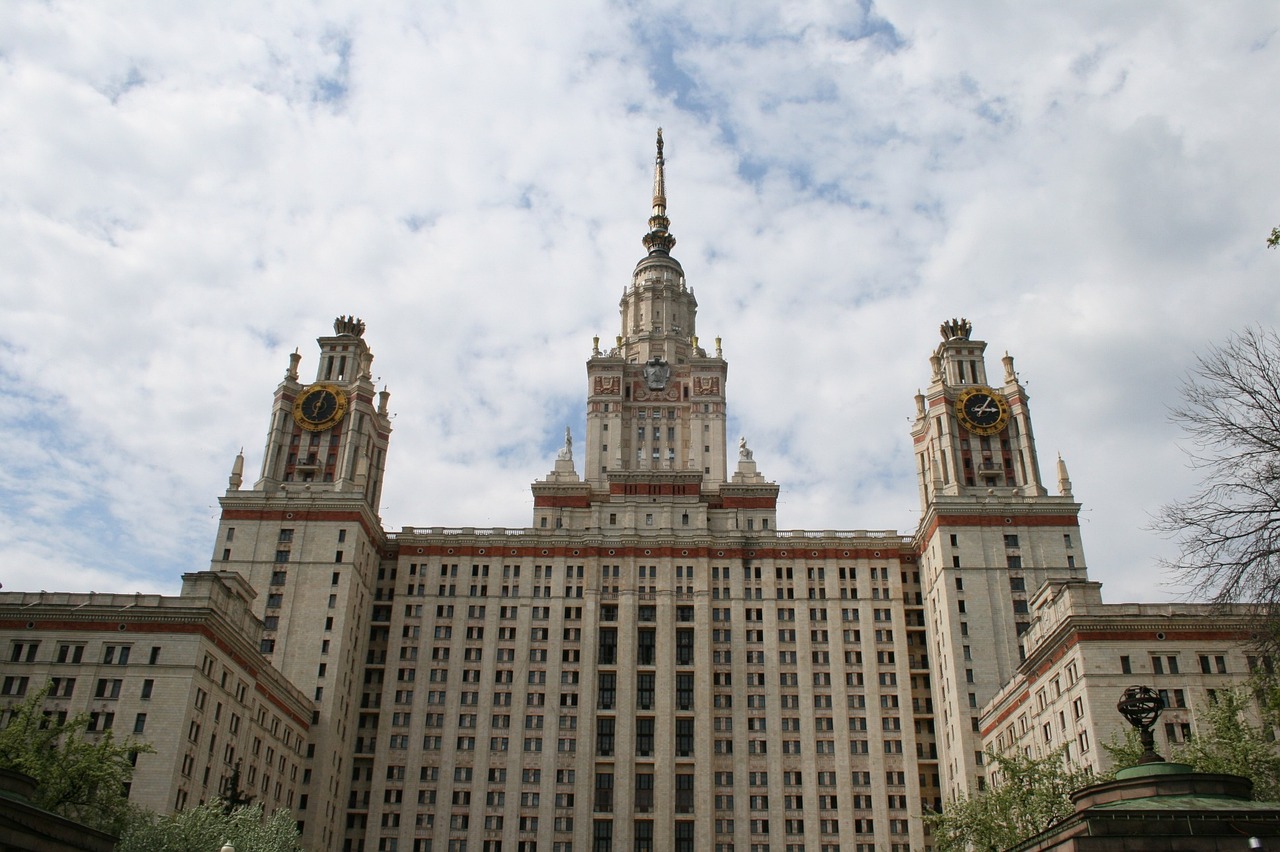Exploring the Cultural Heritage of Traditional Ceremonies: Betbook247, Radhe exchange registration, My laser247.com
betbook247, radhe exchange registration, my laser247.com: Exploring the Cultural Heritage of Traditional Ceremonies
Have you ever wondered about the significance of traditional ceremonies in different cultures around the world? These ceremonies are not just rituals; they are a representation of the rich cultural heritage and traditions passed down through generations. From weddings to funerals, traditional ceremonies play a crucial role in preserving and celebrating the customs of a community.
Let’s take a journey and explore the cultural heritage of traditional ceremonies.
Weddings: A Celebration of Love and Unity
Weddings are one of the most significant traditional ceremonies in all cultures. They are a celebration of love and unity, bringing families and communities together. Each culture has its unique customs and rituals associated with weddings, from traditional attire to ceremonial practices. Whether it’s a Hindu wedding with elaborate rituals or a traditional African wedding with drumming and dance, these ceremonies symbolize the union of two families and the beginning of a new chapter in life.
Coming of Age Ceremonies: A Rite of Passage
Coming of age ceremonies mark the transition from childhood to adulthood in many cultures. These ceremonies, such as the Quincea in Latin America or the Bar/Bat Mitzvah in Jewish traditions, are a rite of passage symbolizing maturity and responsibility. They often involve symbolic rituals and celebrations to honor the individual’s growth and readiness to take on adult responsibilities.
Harvest Festivals: Honoring Nature and Traditions
Harvest festivals are traditional ceremonies celebrated in many agricultural societies to give thanks for a bountiful harvest. These ceremonies are a way to honor nature’s abundance and the hard work of farmers. From the rice harvest festivals in Asia to the Thanksgiving celebrations in the United States, these ceremonies highlight the connection between people, food, and the land.
Funerals: Honoring the Departed with Respect
Funerals are traditional ceremonies held to honor and remember the departed loved ones. These ceremonies vary across cultures, but they all serve the purpose of paying respects, offering prayers, and providing closure for the grieving family and community. From cremation ceremonies in Hindu traditions to burial rituals in Christian customs, funerals are a way to honor the life of the deceased and support those left behind.
FAQs:
1. Why are traditional ceremonies important?
Traditional ceremonies are essential for preserving and celebrating cultural heritage, customs, and traditions passed down through generations. They help to create a sense of identity, community, and connection to the past.
2. How do traditional ceremonies differ across cultures?
Traditional ceremonies vary widely across cultures, reflecting each community’s unique customs, beliefs, and values. From the types of rituals performed to the significance of symbols and traditions, these ceremonies showcase the diversity and richness of global culture.
3. What is the significance of rituals in traditional ceremonies?
Rituals in traditional ceremonies serve various purposes, such as symbolizing important life events, connecting individuals to their cultural roots, and fostering a sense of community and belonging. They offer a way to mark transitions, express emotions, and honor traditions in a meaningful and impactful way.
In conclusion, traditional ceremonies are more than just rituals; they are a celebration of cultural heritage, customs, and traditions that connect us to our past and shape our future. By exploring and learning about these ceremonies, we can gain a deeper appreciation for the diversity and richness of global culture.






